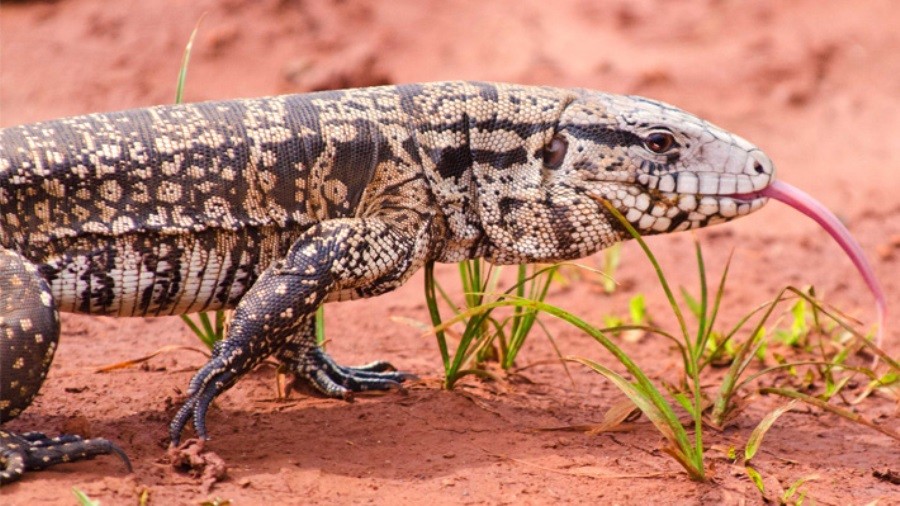Native
You’re in!

Native
Huge, aggressive lizards seen through several parts of Georgia and Florida
-

 Business1 year ago
Business1 year agoHilarious Mishap Ensues After Costco Takes Customer’s Request Too Literally
-

 Entertainment12 months ago
Entertainment12 months agoDon’t Have a Cow, Man: Aubrey Plaza’s Milk Ad Sparks Backlash
-

 Science12 months ago
Science12 months agoTwo Homes in Utah Collapse and Slide Away in Unusual Incident
-

 Business1 year ago
Business1 year agoNo Vacancy: Mysterious Australian Hotel Has No Rooms Available — Ever
-

 Entertainment1 year ago
Entertainment1 year ago“Fiddler on the Roof” Actor Lived Double Life as a Spy
-

 Entertainment12 months ago
Entertainment12 months agoLights, Camera, Moose: Unusual Visitor Spotted in Alaskan Movie Theater
-

 Tech12 months ago
Tech12 months agoUtah Gets Blue-Balled: Popular Adult Website Blocks Entire State from Access [Video]
-

 U.S.1 year ago
U.S.1 year agoFlorida Teacher Fired for Asking Students to Write Their Own Obituaries [Video]

